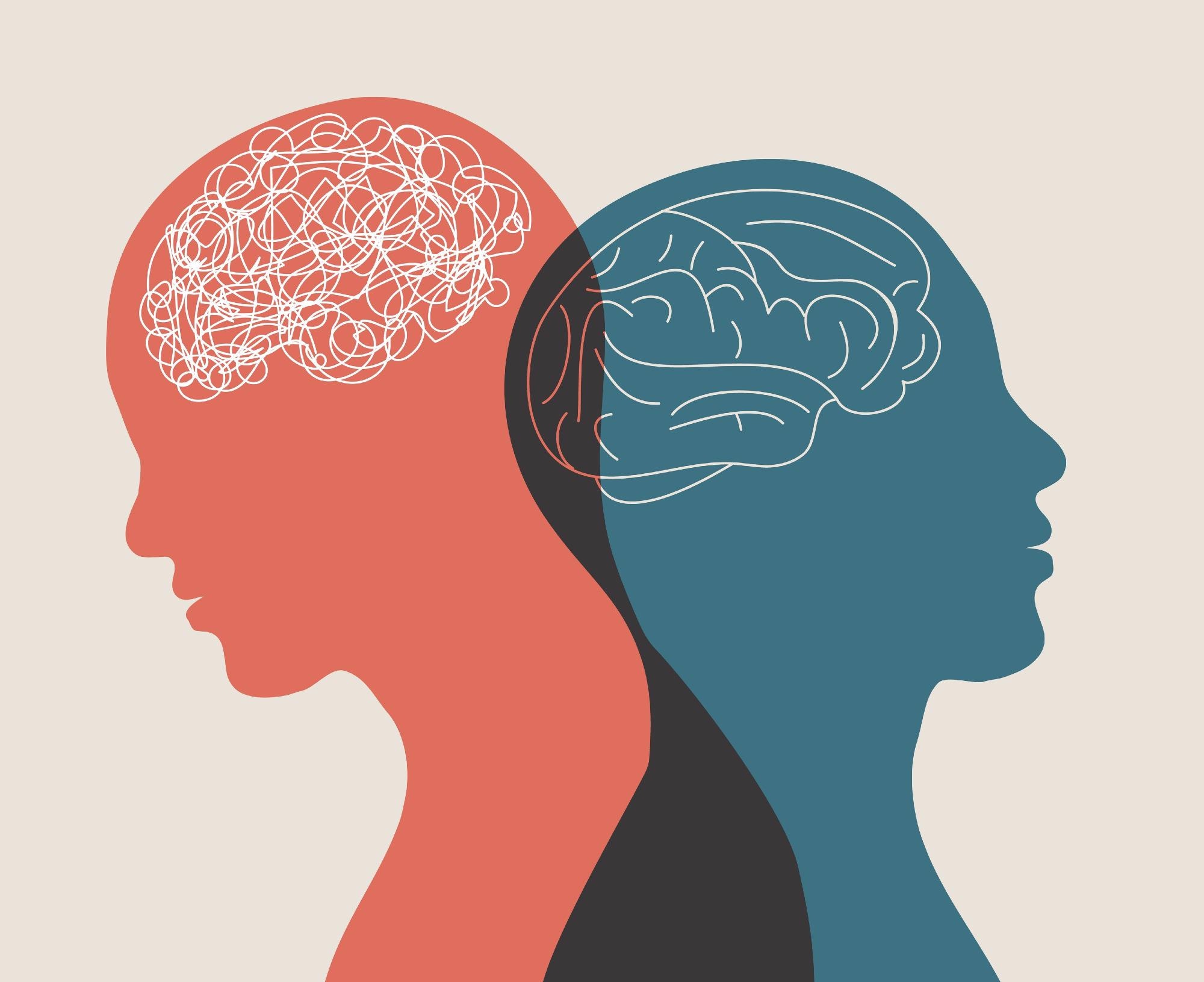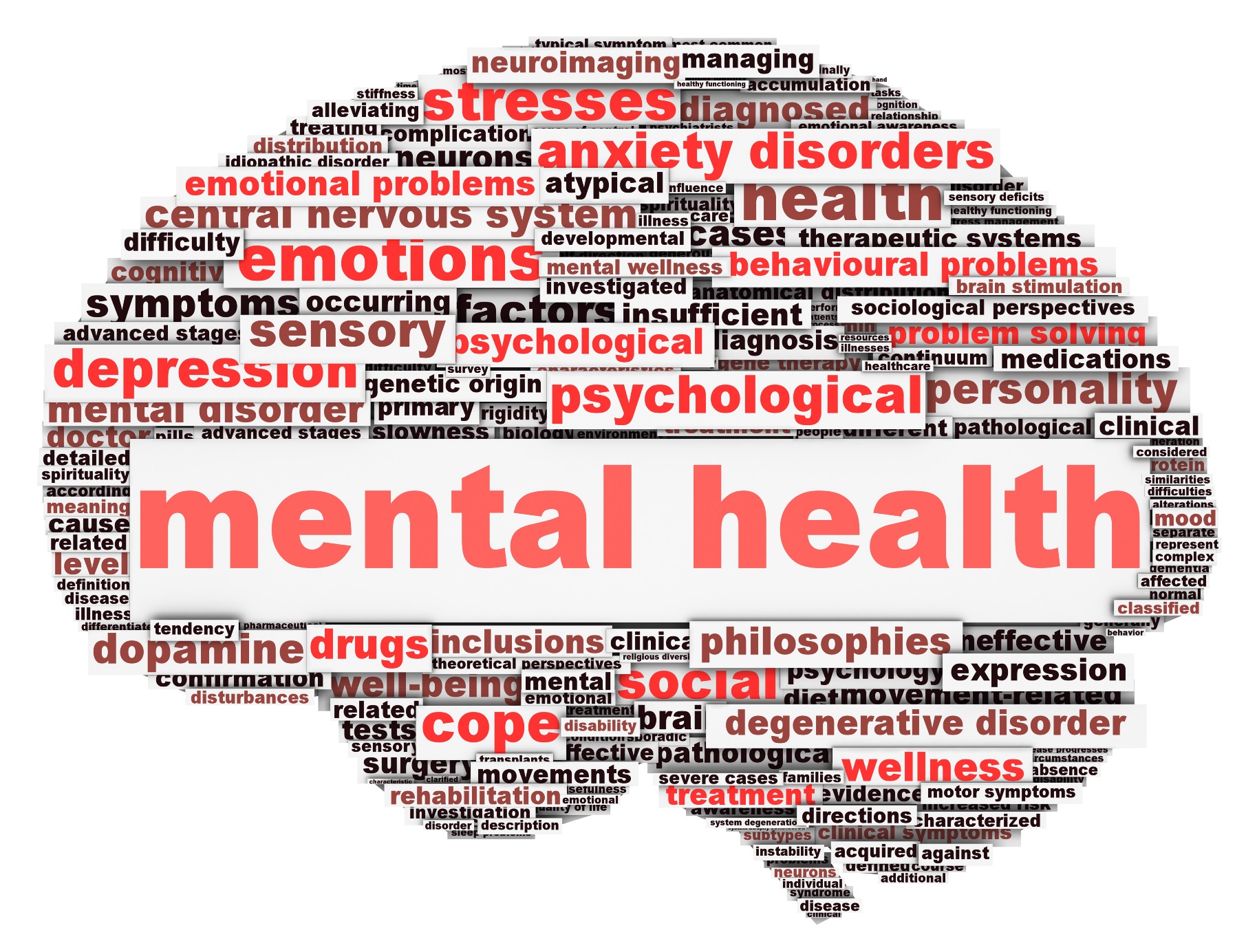Living with mental health problems can be a complex and challenging journey, but there is hope. Dialectical Behavior Therapy (DBT) techniques have emerged as a powerful and evidence-based approach to address various mental health conditions. DBT worksheets for emotional regulation combines elements of cognitive-behavioral therapy, mindfulness practices, and acceptance-based strategies to foster personal growth, emotional regulation, and interpersonal effectiveness. In this article, we will explore how DBT techniques for anxiety can offer valuable support to individuals facing different mental health problems.
Borderline Personality Disorder (BPD)
DBT was initially developed to treat BPD, and it has proven to be highly effective. It helps individuals with BPD manage intense emotions, impulsive behaviors, and unstable relationships. DBT incorporates techniques like emotion regulation, distress tolerance, interpersonal effectiveness, and mindfulness training. By learning to recognize and regulate emotions, individuals with BPD can achieve a greater sense of self-control and build healthier relationships.
Depression
DBT techniques offer individuals with depression powerful tools to cope with negative thoughts and emotions. Mindfulness practices can help individuals observe their thoughts without judgment, allowing them to break free from the cycle of rumination and self-criticism. Additionally, DBT emphasizes building positive coping mechanisms, such as self-care activities, problem-solving skills, and setting achievable goals, empowering individuals to actively engage in their own recovery.
Anxiety Disorders
Anxiety disorders can be debilitating, but DBT techniques can provide significant relief. Through the practice of mindfulness, individuals can cultivate awareness of anxious thoughts and bodily sensations, allowing them to respond with greater control. DBT also teaches effective strategies to manage anxiety, such as grounding techniques, controlled breathing exercises, and gradual exposure to feared situations. By facing their fears in a supportive environment, individuals can regain a sense of control over their lives.
Eating Disorders
DBT techniques have demonstrated effectiveness in treating eating disorders, including anorexia nervosa, bulimia nervosa, and binge-eating disorder. By incorporating mindfulness practices, individuals can develop a non-judgmental awareness of their thoughts, emotions, and bodily sensations. This heightened self-awareness enables individuals to identify triggers and develop healthier coping mechanisms. DBT also focuses on building distress tolerance skills, reducing self-destructive behaviors, and enhancing self-acceptance.

Substance Abuse
DBT techniques have been successfully applied in the treatment of substance abuse disorders. By combining acceptance-based strategies and behaviour change techniques, DBT addresses the complex interplay between addictive behaviors and emotional dysregulation. DBT assists individuals in developing skills to manage cravings, cope with triggers, and increase their overall quality of life. Additionally, the emphasis on interpersonal effectiveness helps individuals build healthier relationships and support networks.
Dialectical Behaviour Therapy (DBT) techniques provide individuals with different mental health problems a comprehensive set of tools to navigate their challenges and foster personal growth. By combining elements of cognitive-Behavioral therapy, mindfulness practices, and acceptance-based strategies, DBT addresses emotional dysregulation, improves coping mechanisms, and enhances interpersonal effectiveness. Whether it is borderline personality disorder, depression, anxiety disorders, eating disorders, or substance abuse, DBT offers hope and empowers individuals to actively engage in their journey towards recovery. With its evidence-based approach, DBT stands as a beacon of light in the field of mental health treatment, offering effective strategies to support those in need.


